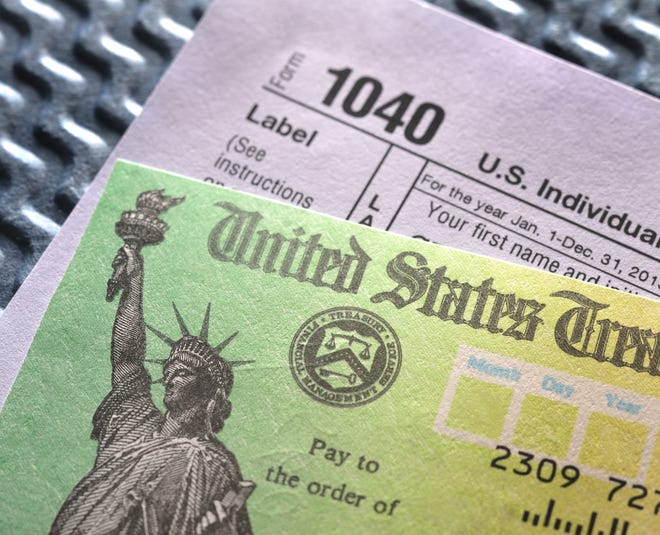The latter should benefit from a rebate mechanism, which was introduced by the 2019 provisional budget. A rebate is a deduction from the IT to be paid and Article 87A of the Data Protection Act allows for a full deduction from IT. tax for an individual with income up to Rs. 5 lakh subject to an upper limit of Rs. 12,500. So while the basic exemption limit is Rs. 2.5 lakh, with the reimbursement, a person with income up to Rs. 5 lakh bears no tax burden.
In fact, if the taxpayer takes full advantage of Rs. 1.50 lakh available as a deduction from various investments made during the year (such as public provident fund, housing loan repayment, LIC premium, funds tax saving mutual funds), gross income of up to Rs. 6.50 lakh may not attract IT at all. In addition, if this taxpayer is an employee, the standard deduction of Rs. 50,000 would guarantee a gross income of up to Rs. 7 lakh cannot be subject to any tax. (Refer to case 1).
However, the same taxpayer can suffer a sharp shock if they have realized long-term capital gains, for which a “concessional” tax rate of 20% is prescribed under section 112. For example, Long-term capital gains resulting from the sale / transfer of debt mutual funds, unlisted stocks, real estate are taxed under this section at 20 percent, with indexation benefit.
Need for Amendment: “While the preferential tax rate under Section 112 may be of benefit to an individual in the top tax bracket, it is very disadvantageous to an individual who has his income taxable, including long-term capital gains, to less than Rs. 5 lakh, ”says Ketan Vajani, accountant and chairman of the Chamber of Tax Consultants (CTC). Indeed, this association of professionals included this question in its pre-budget memorandum presented to officials of the Ministry of Finance.
Vajani goes on to illustrate: A retired person sold his dwelling house and realized a long term capital gain of Rs. 4 lakh. His other income, in this particular fiscal year, is only Rs. 75,000, bringing his total income to Rs. 4.75 lakh. According to the rationale of section 87A, his tax payable should be zero.
Unfortunately, he will end up paying a tax of Rs. 32,500. Here is how (see case 2).
“Even after getting a rebate, a rebate of Rs. 12,500, that individual will end up paying Rs. 32,500 as basic tax, plus a cess of Rs. 1,300 bringing his total tax payable to Rs. 33,800. in short, he pays taxes even if his total income is less than Rs. 5 lakh ”, explains Vajani.
The Chamber of Tax Advisers said that given the unfairness that is created, section 112 should be amended. Long-term capital gains tax should be charged at 5 percent (instead of 20 percent), in cases where the total income, including those long-term capital gains, is above the limit basic exemption of Rs. 2.5 lakh but less than Rs. 5 lakh.
 Resource KT
Resource KT


